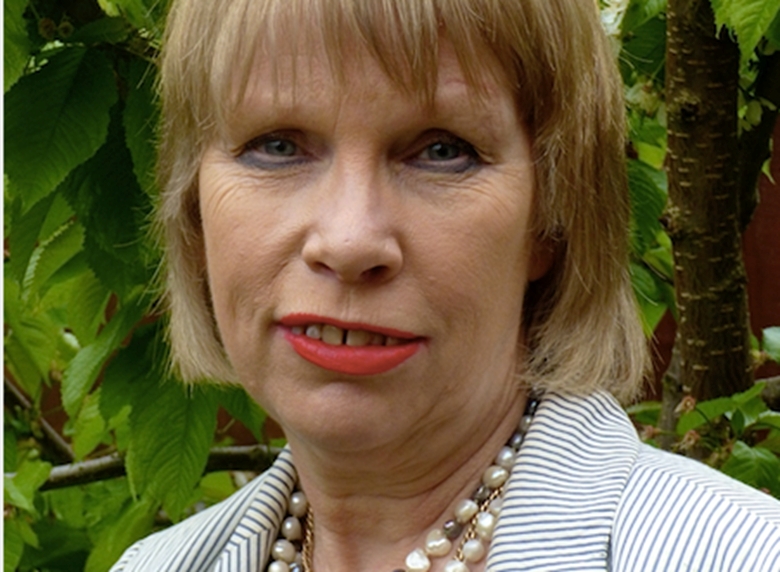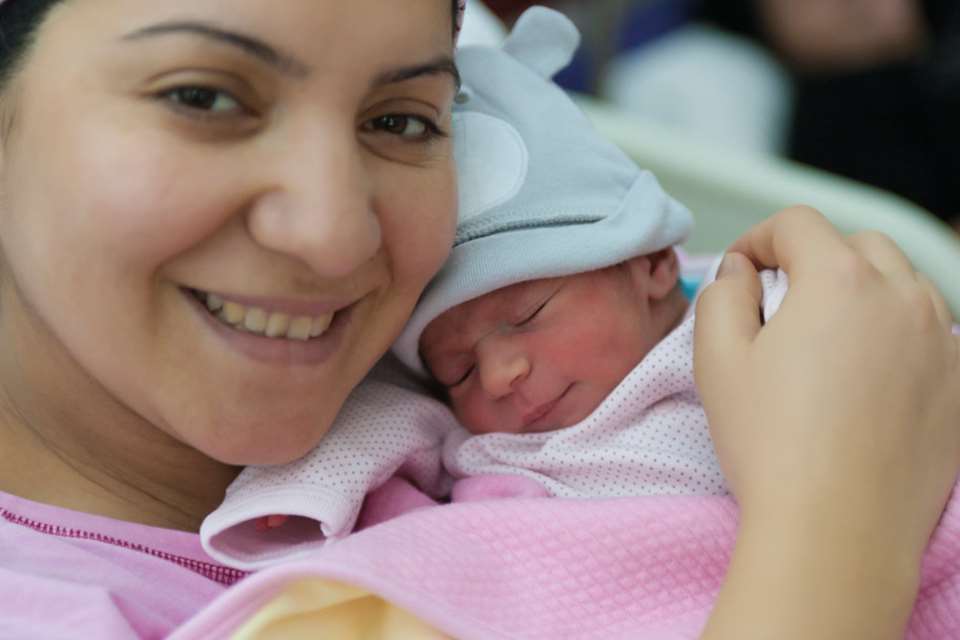Getting children moving is key to improving their mental health, say MPs
Katy Morton
Wednesday, October 30, 2019
Getting children moving can ‘kick-start’ a solution to the children’s mental health crisis, according to a new report from the APPG on a Fit and Healthy Childhood.

Register now to continue reading
Thank you for visiting Nursery World and making use of our archive of more than 35,000 expert features, subject guides, case studies and policy updates. Why not register today and enjoy the following great benefits:
- Free access to 4 subscriber-only articles per month
- Unlimited access to news and opinion
- Email newsletter providing activity ideas, best practice and breaking news





